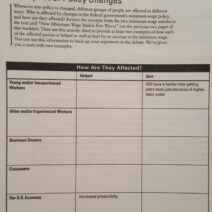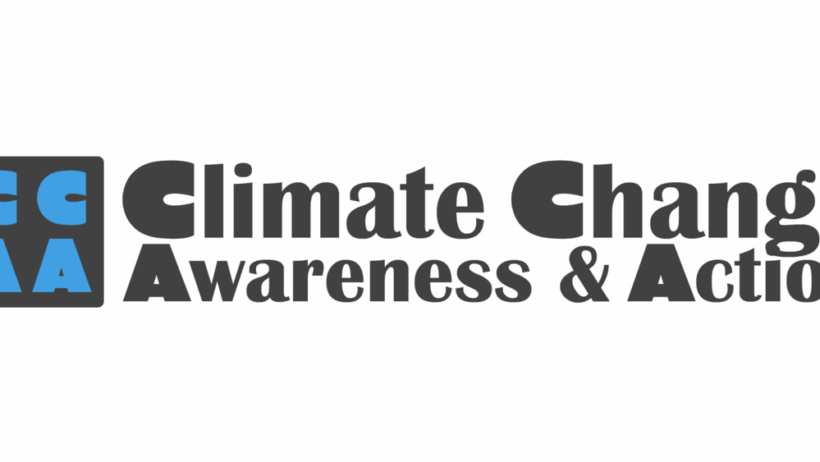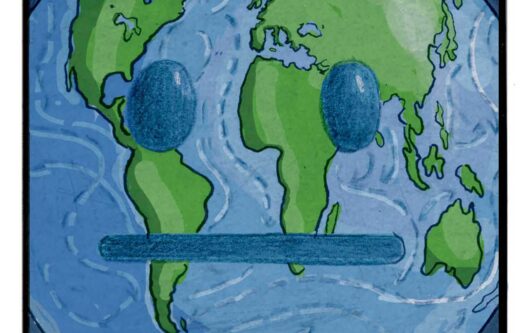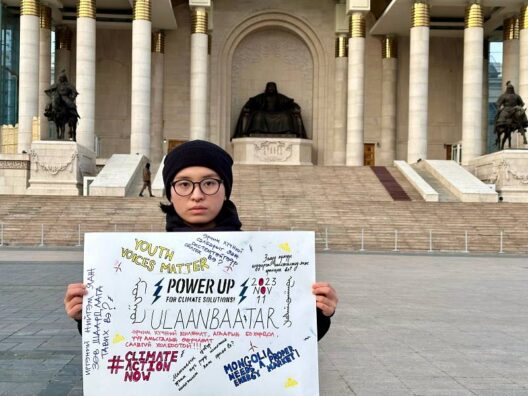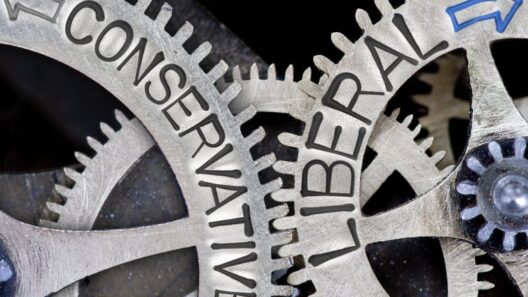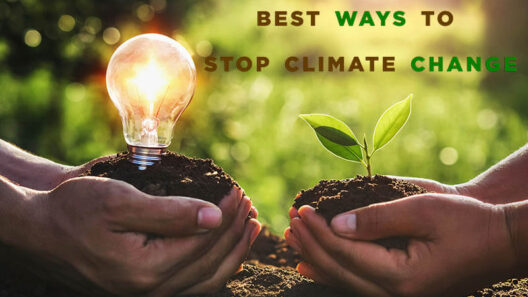Climate change is an existential threat that transcends geographical boundaries and socio-economic divisions. It is a phenomenon that has garnered the attention of scientists, activists, and policymakers globally. Yet, as individuals reflecting on this global crisis, one might ponder: what is my role in combating this pervasive issue? The journey from awareness to tangible action is not merely a personal endeavor; it embodies a collective responsibility, driven by the realities of our interconnected world.
Understanding the science of climate change is foundational. It is crucial to grasp the concept of anthropogenic influences—the ways in which human activities, particularly the burning of fossil fuels, deforestation, and industrial processes, contribute to the greenhouse effect. This effect is the primary driver of global warming, resulting in erratic weather patterns, rising sea levels, and biodiversity loss. Awareness of these mechanisms is the first step, laying the groundwork for informed action. Moreover, comprehension of the socio-economic disparities exacerbated by climate change deepens the motivation to engage. Those least responsible for carbon emissions often bear the brunt of its consequences, making climate action a matter of justice alongside sustainability.
The first actionable step individuals can take is education—both self-education and community education. Schools, universities, and local organizations often provide resources that elucidate the importance of sustainable practices. By attending workshops, reading informative literature, and engaging in discussions, individuals can become catalysts for change. Moreover, disseminating knowledge among peers fosters a culture of awareness. This grassroots education can burgeon into effective community initiatives, demonstrating that local actions can inspire global movements.
Subsequently, adopting sustainable lifestyle choices is paramount. This involves reevaluating daily habits, from energy consumption to waste management. Simple alterations, such as opting for energy-efficient appliances, reducing water usage, and minimizing single-use plastics, contribute to a more sustainable individual footprint. The transition to plant-based diets or supporting local produce not only reduces carbon footprints but also addresses the ethical concerns tied to meat production and industrial agriculture. By cultivating habits that are environmentally conscious, individuals reflect their values through daily choices.
Transportation is another realm where significant change can occur. The reliance on fossil-fuel-powered vehicles not only contributes to emissions but also exacerbates urban congestion. By choosing public transportation, cycling, or carpooling, individuals can substantially reduce their carbon footprints. Once again, advocacy plays a crucial role. Campaigning for improved public transportation infrastructure and cycling lanes encourages policymakers to prioritize sustainable transit options, creating a ripple effect within communities.
Moreover, participating in local initiatives amplifies individual efforts. Community gardens, tree planting, and beach clean-up drives not only contribute positively to the environment but also strengthen community bonds. These activities foster a sense of collective responsibility and accountability. Engaging in advocacy work with organizations focused on climate action—whether through volunteering, fundraising, or simply attending meetings—provides a platform for citizens to wield their collective power. Social movements have historically spurred legislative change, and today is no exception. When individuals voice their concerns, they bring attention to the urgency of addressing climate change.
Furthermore, a fundamental element of climate action is to support policies that align with sustainable practices at the local, national, and global levels. Individuals can advocate for regulations that reduce carbon emissions, protect natural resources, and promote renewable energy investments. This advocacy can take various forms, such as contacting representatives, participating in public forums, or supporting environmental NGOs. When individuals engage in the political process, they harness their voices as instruments for systemic change.
Financial choices are often underrated yet immensely powerful. The array of options available for investing in green technologies, supporting ethical companies, or divesting from fossil fuels can help individuals make a substantial difference. By consciously choosing to support businesses that prioritize sustainability, each purchase becomes a statement of values and priorities. Moreover, encouraging financial institutions to adopt ethical standards can lead to a larger shift within the economy towards sustainable practices.
Lastly, one must acknowledge the profound impact of social media and digital platforms in the contemporary era. The power of storytelling can foster deep emotional connections and inspire action. Sharing personal journeys toward sustainability, highlighting local initiatives, or advocating for political action can reach audiences far and wide. These platforms can galvanize a movement of climate-conscious individuals who influence their networks, creating a domino effect of awareness and action.
The road from awareness to action is intricate, weaving through layers of individual choices, community dynamics, and systemic structures. It is imperative to recognize that while the problem is complex, the solutions can be straightforward and multifaceted. Each action, no matter how minimal, contributes to a larger tapestry of responsibility and hope. As awareness transforms into action, individuals not only aid in combating climate change but also become integral to a broader narrative of resilience and regeneration. In this collective endeavor, the capacity for meaningful change rests firmly in the hands of individuals. Thus, it is essential to engage, educate, and act—because the health of our planet and future generations depends on it.


